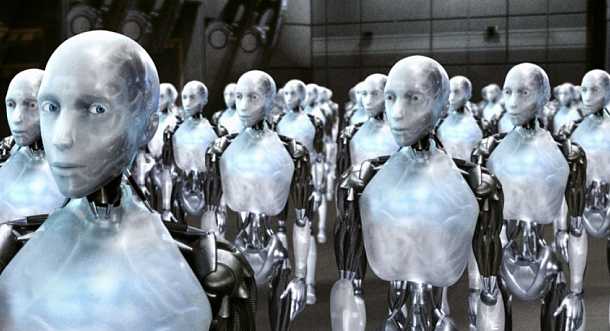In case you haven’t had enough doom recently, this week’s long read pick comes from The Point, where Agnes Callard considers the philosophical challenges of imagining the end of humanity.
Between new tech-driven threats, climate change, the coronavirus pandemic and other nameless future threats, “We may not have arrived at the end,” she says, “but we have certainly arrived at the thought of it.” Eventually, she points out, one way or another, the human species will stop existing:
How are we not to collapse into despair if we cannot imagine even a human legacy continuing, via our descendants or those of our friends? Philosophers, artists and humanists, she argues, should set down the dream of making ‘advances’ as scientists do and engage instead with the question of meaning:
As we grapple worldwide to cope with a deadly pandemic, Callard suggests that while scientists and engineers seek to defer our inevitable end for as long as possible, it is the job of humanists to face that end without abandoning all capacity to find value in life, or courage to face its loss:











Join the discussion
Join like minded readers that support our journalism by becoming a paid subscriber
To join the discussion in the comments, become a paid subscriber.
Join like minded readers that support our journalism, read unlimited articles and enjoy other subscriber-only benefits.
Subscribe